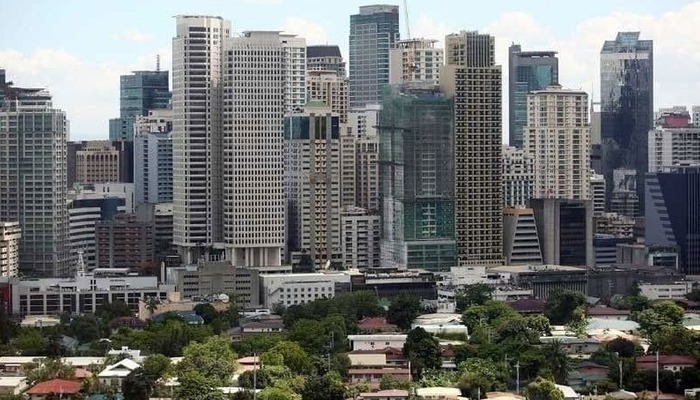
Experts Warn of Real Estate Fallout from POGO Ban
Real estate experts in the Philippines warn that the recent government ban on Philippine Offshore Gaming Operators (POGOs) could have a significant impact on the real estate market. Rental rates for residential spaces may drop by 50%, and the vacancy rate for residential units in Metro Manila is expected to rise from 17% to 19%.
David Leechiu, CEO of Leechiu Property Consultants, highlighted that the secondary rental market could face substantial challenges due to the POGO ban. He noted that POGO-related tenants have been major lessees, and the drop in rental rates would make it harder to find tenants, shifting the market towards local renters.
Joey Bondoc, Director for Research at Colliers International-Philippines, predicted a rise in the vacancy rate for residential units to 19%, exacerbating an already sluggish market. The POGO exodus, which began during the COVID-19 pandemic, has led to significant price corrections, with the vacancy rate hovering around 17% since Q4 2021. The ban is expected to further dampen the take-up of residential units and slow price and lease rate growth.
Approximately 20,000 foreign POGO workers have been given a deadline of September 24 to leave the Philippines or face deportation. Despite the challenges, Bondoc sees opportunities for local investors due to the price correction. During the POGO boom in 2019, prices per square meter increased by 10.9% quarter-on-quarter. With the decline in POGO activity, price growth has slowed to 2-3%, with lease rates expected to recover gradually from 2024 to 2026.
Developers have continued to deliver new residential units, with 11,300 units turned over in 2023, close to the 11,700 units delivered in 2018. These projects, initiated during the POGO boom, are now expected to attract local investors and overseas Filipino workers.
The full impact of the POGO ban on Metro Manila’s real estate market remains uncertain until specific regulations and policies are issued. Colliers International-Philippines anticipates significant effects on the office market, despite POGO-occupied spaces decreasing to 3.5% of the total office stock in Metro Manila. In 2023, POGO operators accounted for 20% of office space deals, occupying an estimated 656,000 square meters, representing about 5% of the total office supply.
The diversification of demand from other sectors, such as IT-BPM companies, traditional, local, and multinational businesses, and government agencies, is seen as a positive counterbalance to the decline in POGO-occupied spaces. To effectively implement the POGO ban, detailed policies and implementing rules are necessary, involving coordination between government agencies like the Department of the Interior and Local Government (DILG) and the Philippine Amusement and Gaming Corporation (PAGCOR).
Until the implementing rules and regulations are finalized, POGO occupiers are expected to adopt a wait-and-see approach. The uncertainty surrounding the implementation method—whether through an executive order, a law passed by Congress, or PAGCOR regulations—adds to the ambiguity. Colliers cites Pasig City’s approach in December 2022, where an ordinance effectively banned POGOs by not renewing existing business permits and denying new applications, as a potential model for executing the national ban.
Source: AGB
Other Interesting Articles
 InterContinental Hotels Returns to Philippines with New Clark City Hotel
InterContinental Hotels Returns to Philippines with New Clark City HotelJul 31, 2024











